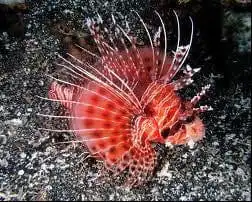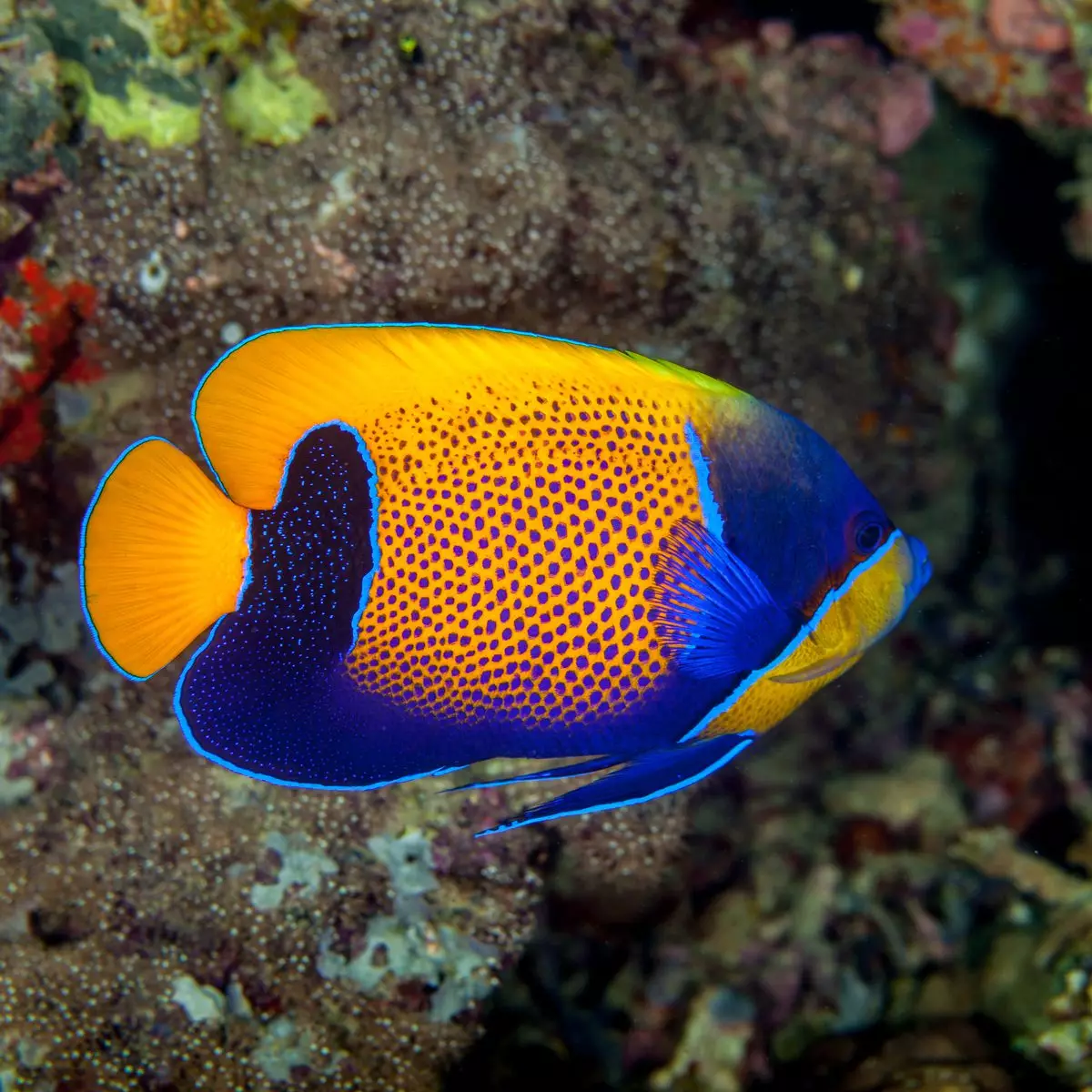Mombassa Lionfish – Pterois mombassa
Price range: $86.88 through $203.75
Select Variant
Mombassa Lionfish - Pterois mombassa
- Additional Information
- Reviews
Size
S | SM | M | ML | LG | XL | XX



Reviews
There are no reviews yet.